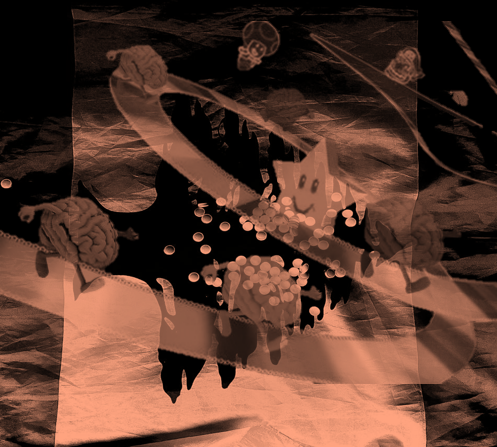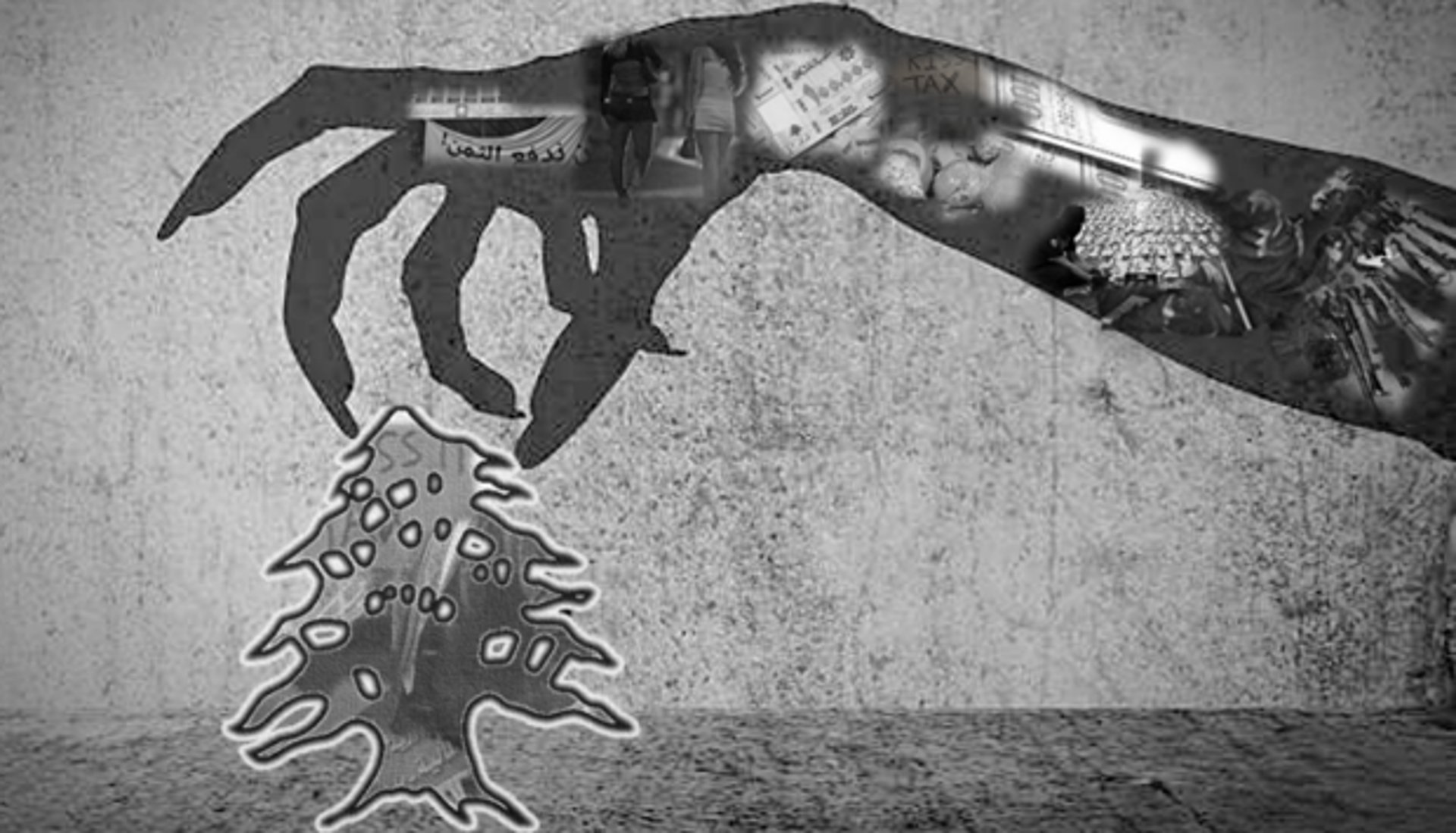Strategizing from 7 cities across the globe
Chapter III: The Lebanese Narco Trade and the Era of Hash


The Lebanese hashish market has long been romanticized, woven into the identity of the Western Beqaa Valley, even before the onset of the Lebanese Civil war. However, this romanticization masks the profound impacts that drug normalization is having across the country—economically, politically, and socially. Today, the pervasive presence of drugs in various aspects of Lebanese life calls for a deeper examination and integration of this reality into our economic models and calculations.
Operating largely in the shadows, drug cartels evade taxation and slip outside the government's regulatory reach. The collapse of law and order has fueled a booming hashish trade, transforming drugs into a highly lucrative business. This situation begs the question: how did we arrive here? As international blacklisting forces certain organizations and countries into the informal economy, it’s not surprising that some resort to drug trafficking as a means of survival. Such dynamics illustrate the resilience of these organizations, as they adapt to maintain power and dominance.
Moreover, government neglect in various regions has stifled investment and exacerbated inequality, particularly evident in the stark contrast between Beirut and Baalbeck-Hermel. The desperate need for income in these neglected areas has spurred a rise in drug cultivation. Many farmers have reported turning to hashish production, not out of a desire for wealth like the Zaaiter family, but as a means of survival to support their families.
On the consumer side, the rising cost of living and mounting stress from political instability have led to a growing acceptance of drug use. Many individuals find themselves saying, “It’s only once, it won’t hurt me.” Unfortunately, this mindset can quickly lead to addiction, diminishing the initial satisfaction of consumption while increasing reliance on these substances.
What can we expect in a fractured country where anxiety is rampant, inequality is pervasive, and a cartel-like governance system prevails? Lebanon's current state arguably qualifies it as a drug utopia. This chapter aims to dissect the complexities of the drug market, juxtaposing ethical considerations with economic realities. It will explore the historical, economic, and administrative dimensions of the hashish boom.
In a context where laws are often mere formalities and poverty escalates, the narcotics trade has become a lifeline for many. Yet, this reliance brings with it significant concerns for the fabric of Lebanese society. We seek to unravel the motivations of both consumers and suppliers, translating these behaviors into economic variables that inform our broader macroeconomic and microeconomic analyses of investment, pleasure, and utility.
Edited by Angelo A. El Semrani

